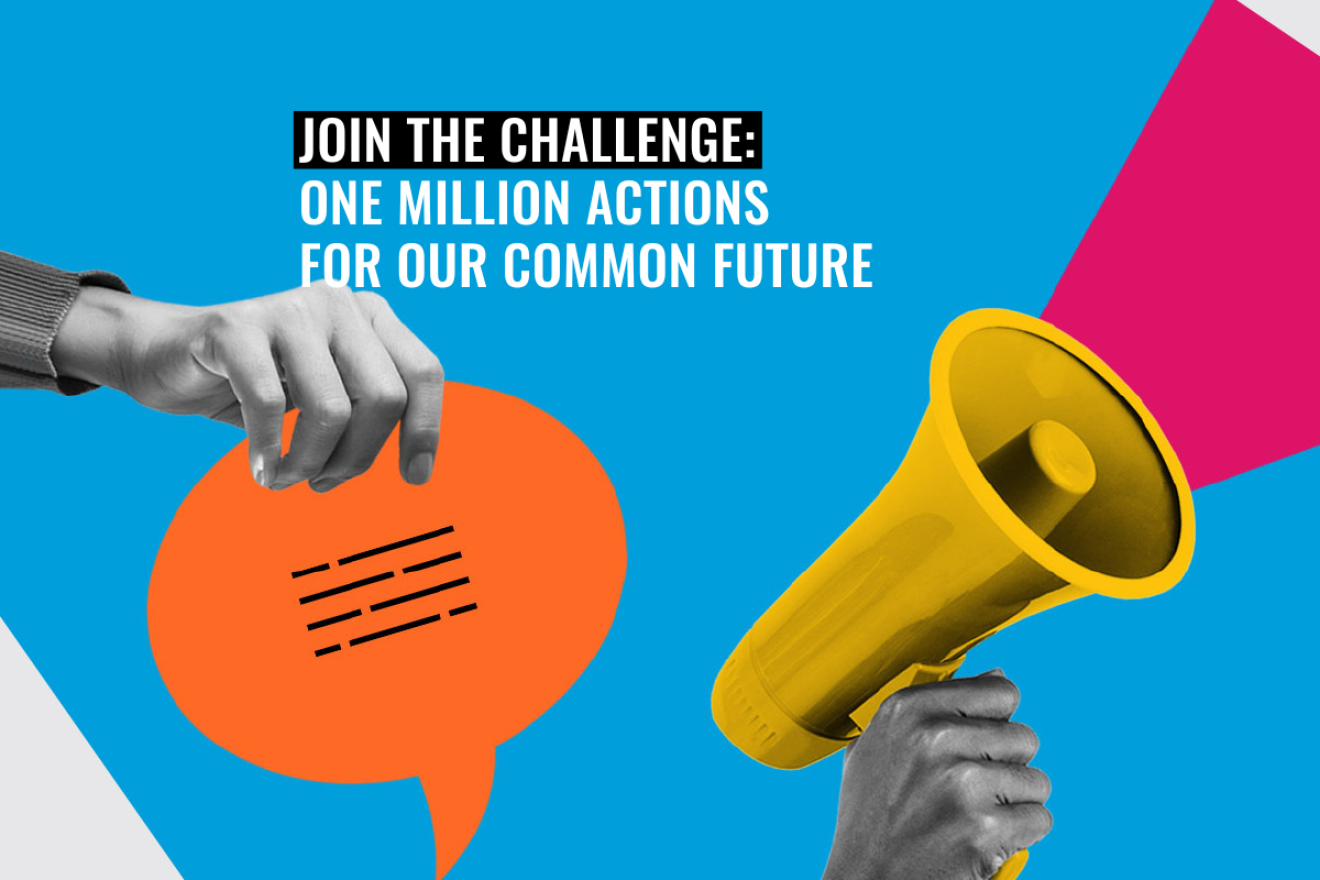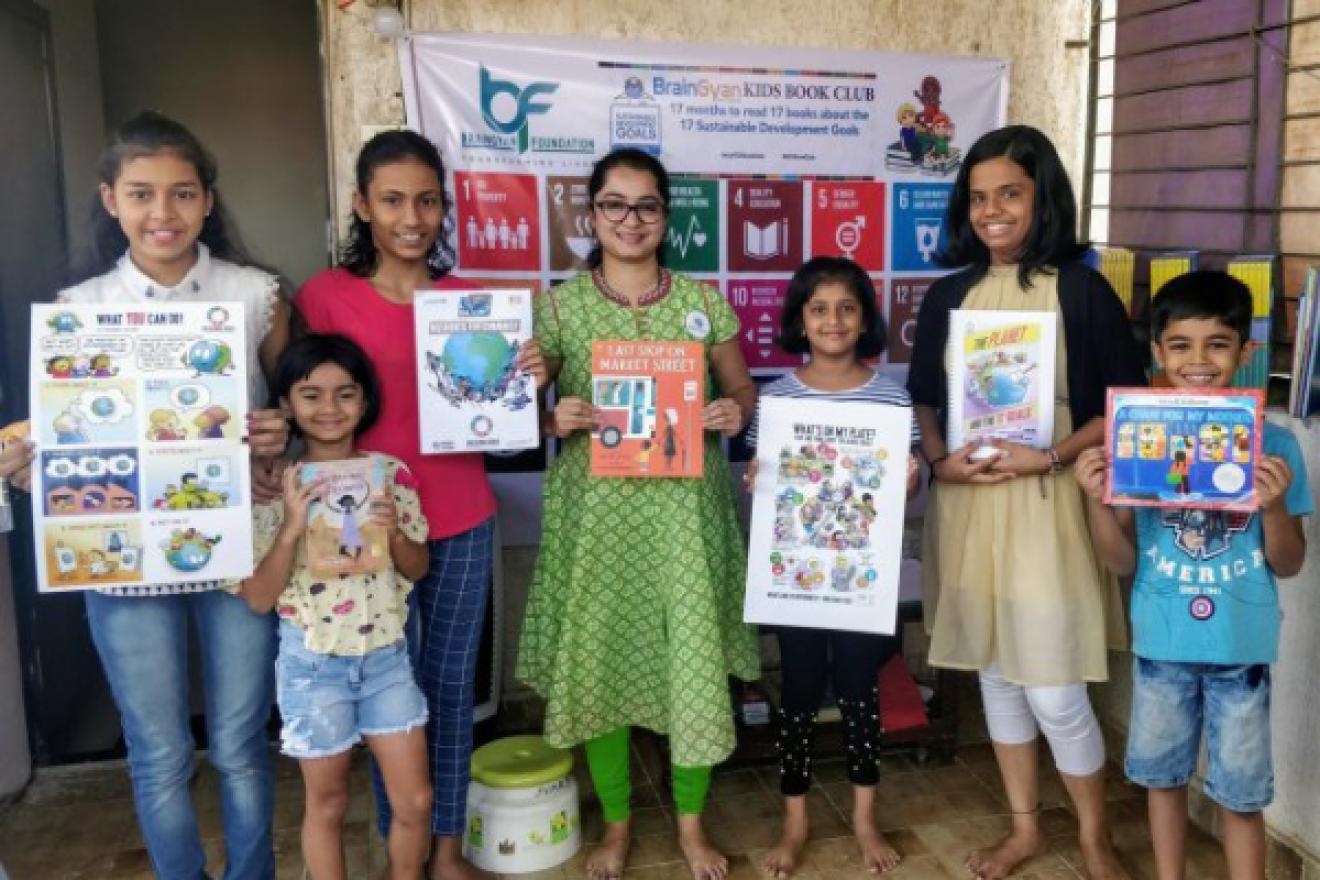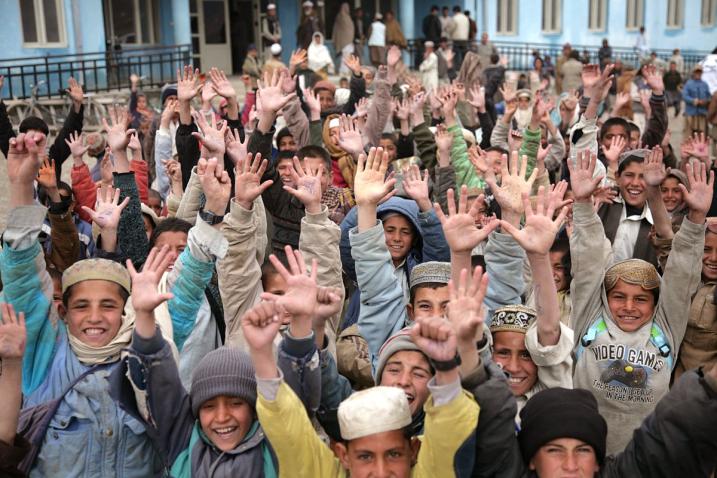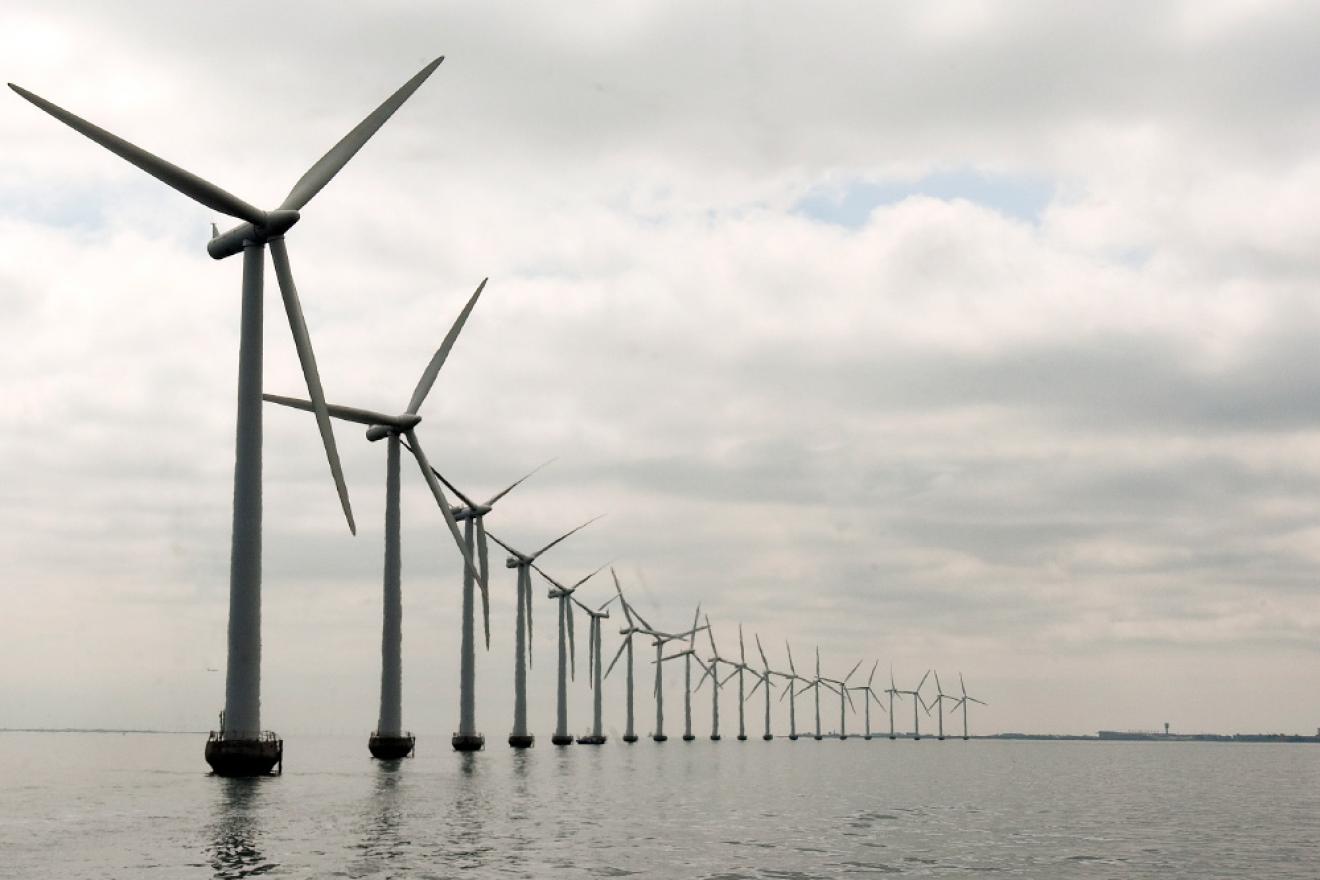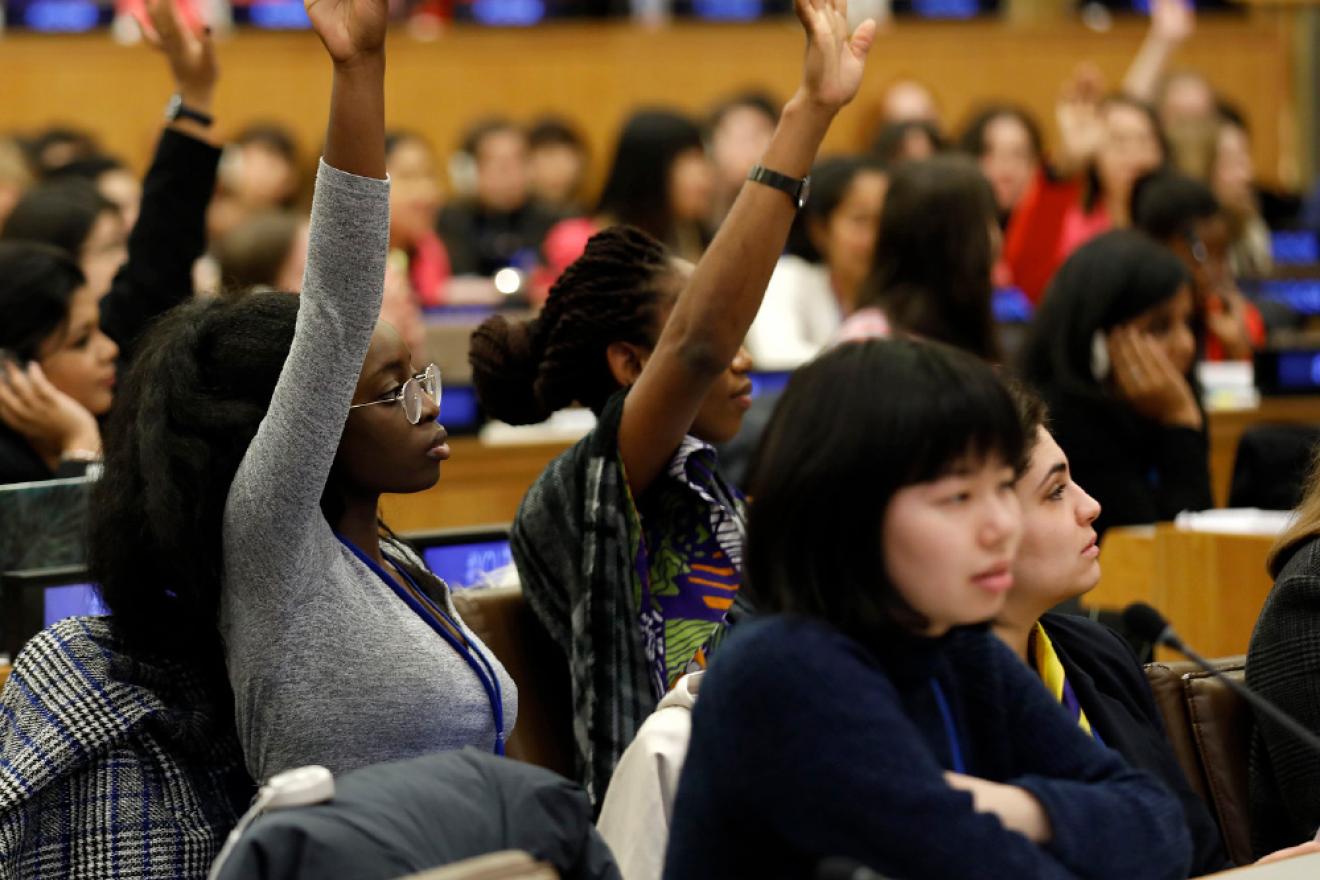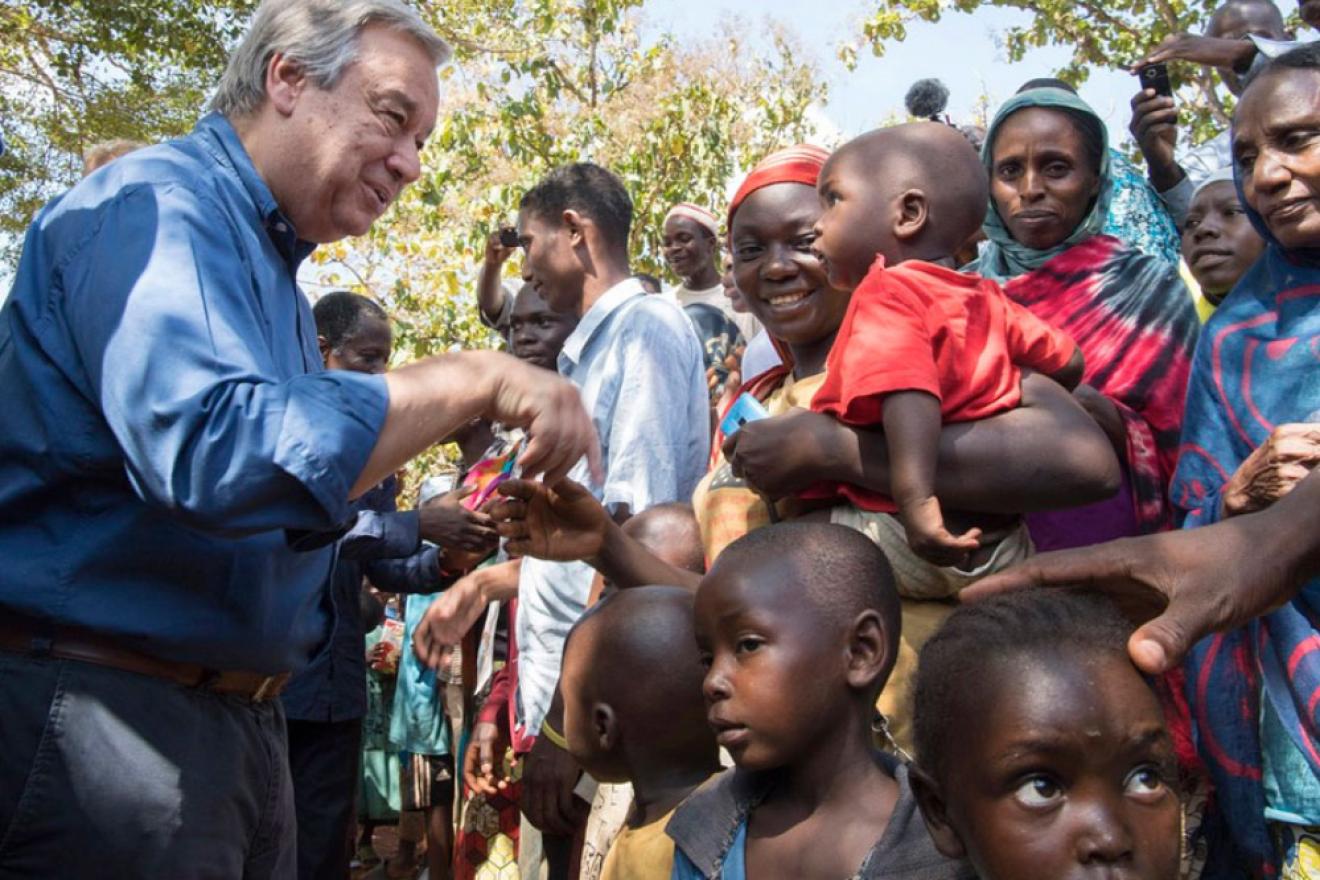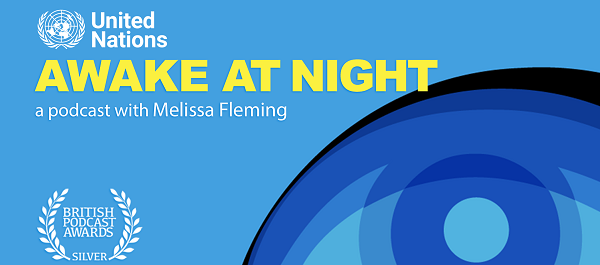The Goals can improve life for all of us. Cleaner air. Safer cities. Equality. Better jobs. These issues matter to everyone. But progress is too slow. We have to act, urgently, to accelerate changes that add up to better lives on a healthier planet. Find new inspiring actions on the app and at un.org/actnow.
A vanishing guardian of the Arabian Peninsula
On the brink of extinction, the vanishing Arabian leopard is one of the world’s most endangered big cats, with fewer than 200 individuals remaining. To confront this escalating crisis, the United Nations has designated 10 February as the International Day of the Arabian Leopard. The Day shines a global spotlight on the urgent need to halt biodiversity loss, restore damaged ecosystems, and strengthen collective action to protect this iconic species and the fragile natural heritage of the Arabian Peninsula. It is a call for awareness, responsibility, and sustained commitment across generations!





